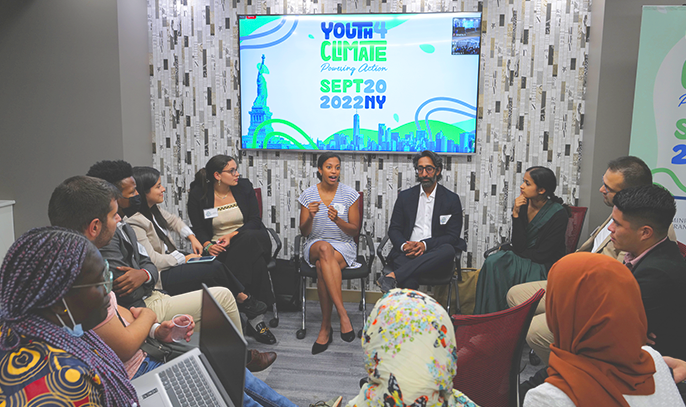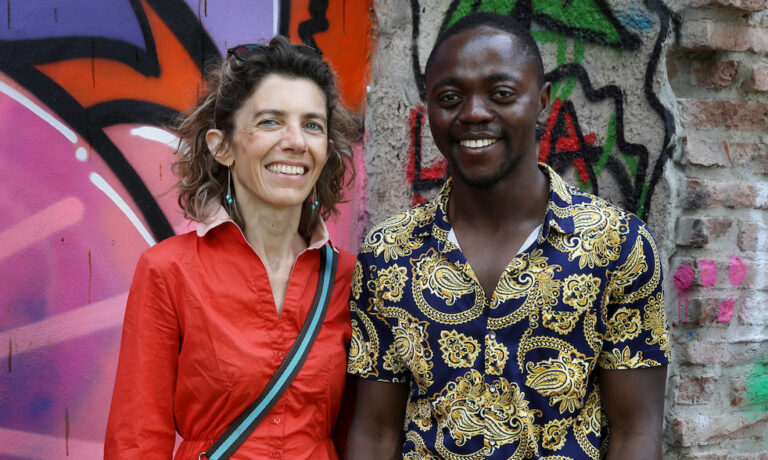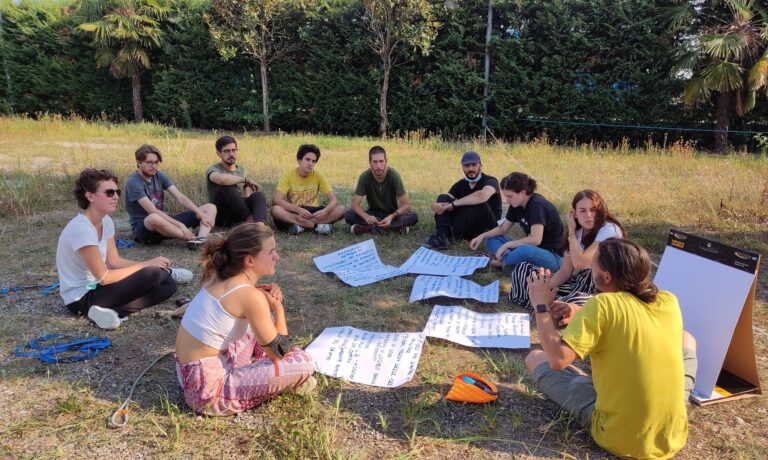AGES – AGroforesta Ecologica Sociale
The project aims at implementing an agroforestry system (AFS) integrating agriculture, forestry and livestock farming on land that was confiscated from organized crime and in severe hydro-geological instability.
Starting date
24 January 2023Duration
24 monthsRealized by:
Cooperativa Sociale Qualcosa di DiversoObjectives
Planting about 4,500 trees and other perennial plants in the fields located in a large area now severely deteriorated due to the adoption of intensive monoculture farming.
Involving schools in the process of applying agroforestry, an agricultural practice that can create a dynamic ecosystem by introducing trees and other perennial plants in the fields. This will help young people learn how to combat climate change, desertification and the drying up of olive trees.
Generating enthusiasm and willingness to participate in local farmers, so as to share new productive solutions and achieve maximum results while respecting the delicate balance between economic benefits and environmental protection.
Organizing training webinars and videos to show the project and turn it into a good practice that can be exported to similar contexts.
“AGES – AGroforesta Ecologica Sociale” (AGES – A social ecological agroforestry system) will work on land that was confiscated from organized crime and in severe hydro-geological instability between San Vito dei Normanni and Latiano (Brindisi, Puglia).
Due to global warming, climate change and the hydro-geological instability of the region — in addition to past extractive and intensive land farming practices — it is now paramount to create new opportunities for the agricultural, social and economic development of the region.
The project aims at creating an agroforestry system (AFS) called “AGES”, integrating agriculture, forestry and livestock farming in the 2.5 hectares of land managed by the cooperative presenting the project. This farming technique:
– will plant new trees on a large portion of severely deteriorated land
– will share new knowledge and new approaches with the community, thus changing its farming practices and reducing its environmental impact, while keeping high productivity levels.
The main goal of these practices is soil protection. Planting almost 5,000 trees and other plants on a vast area can have a positive impact, especially when paired with a cultural change. Training activities will be organized and the local community, institutions and farmers will be involved, focusing in particular on young people and children: they will do part of the work and will be the project’s supporters.



